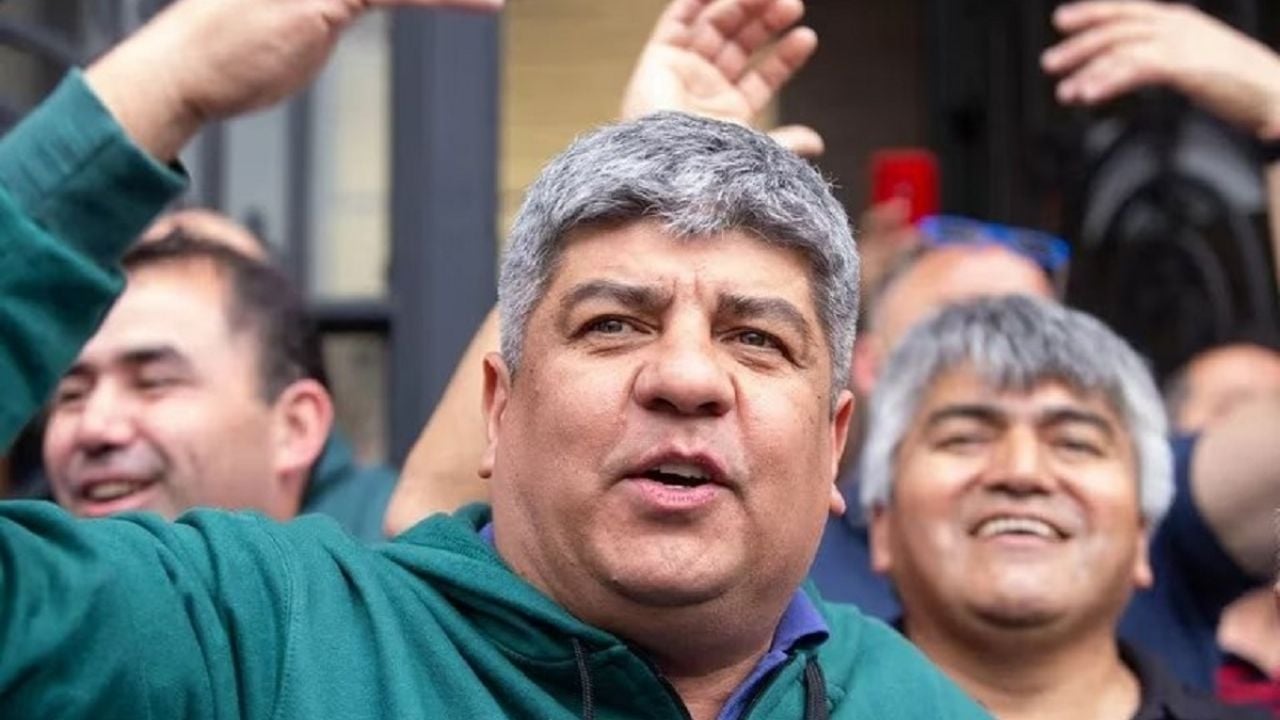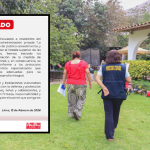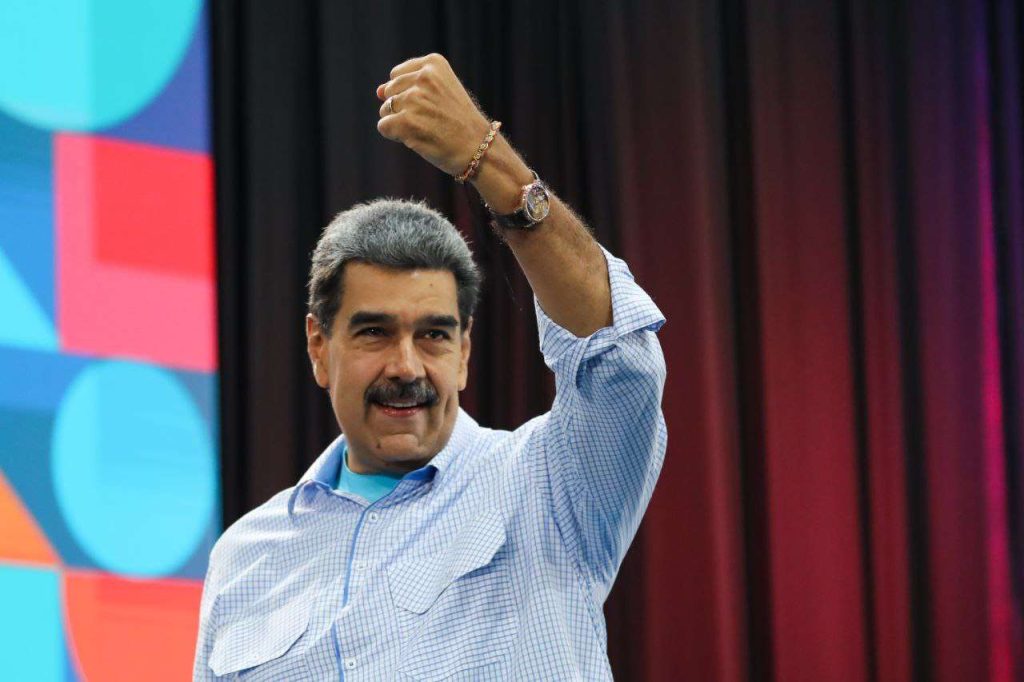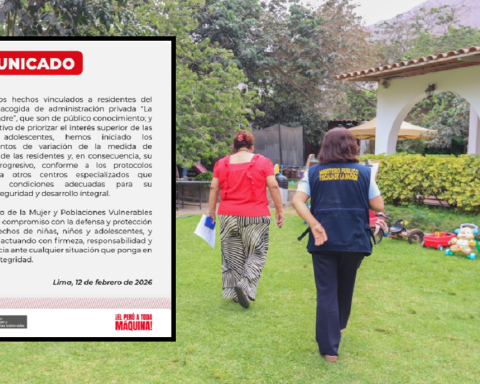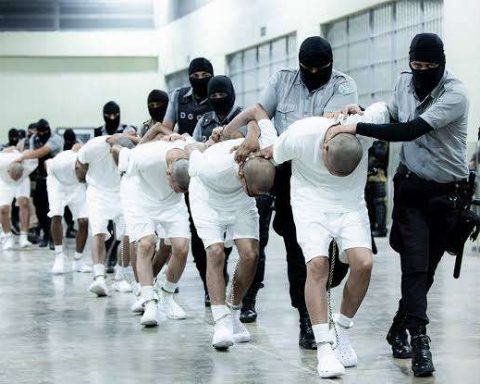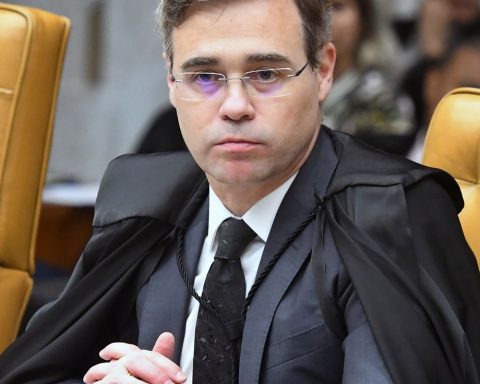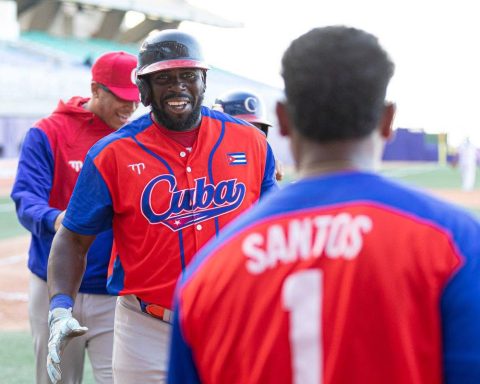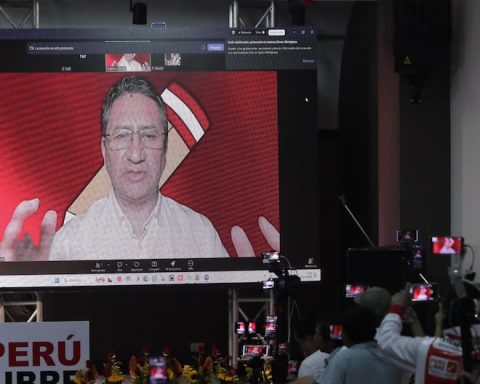The recent resignation of Pablo Moyano to the General Confederation of Labor (CGT) has generated an earthquake in Argentine unionism, evidencing the deep internal divisions and tensions between the different sectors of the labor union.
Pablo Moyanowho held the position of co-secretary general, decided to step aside due to his irreconcilable differences with the dialogue sector of the CGT, led by figures such as Héctor Daer, Andrés Rodríguez, Gerardo Martínez and José Luis Lingeri.
The decision of Moyano It occurred after a series of disagreements about the strategy to follow against the government of Javier Milei. While the dialogue sector advocates maintaining a tripartite dialogue with the government and businessmen, avoiding forceful measures until 2025, Moyano had proposed the organization of a national strike for December in rejection of the government’s economic policies..
In a brief statement, Moyano explained that his resignation was due to the fact that “it does not coincide with the decisions made by the so-called ‘small table'” of the CGT. This small table, made up of the leaders of the most influential unions, had decided not to call for forceful measures before the end of the year, opting for a strategy of dialogue and negotiation.

This position was supported by 12 leaders in the Cegetista small table, who considered that there was no climate for a measure of force to be developed successfully. Moyano’s resignation not only reflects the strategic differences within the CGT, but also the personal and political tensions that have marked his relationship with other union leaders.
During a recent meeting with the dialogue sector, Hugo Moyano, Pablo’s father and leader of the Truckers Union, expressed his disagreement with his son’s protest plans, which marked a growing isolation of the leader within his own union and the CGT.

Tensions
Despite his resignation from the CGT, Pablo Moyano He will continue as deputy secretary of the Teamsters Union, although his relationship with his father has been tense for almost three years. Some speculate that Hugo Moyano could also pressure him to leave the Argentine Confederation of Transport Workers (CATT), cradle of the toughest sectors of unionism, such as pilots and airmen.
Moyano’s departure from the CGT has generated an intense debate about the future of unionism in Argentina and the capacity of the labor union to maintain unity in a context of such divergent positions. While the dialogue sector seeks to strengthen its negotiation strategy with the government and businessmen, the most combative sectors, led by Moyano, insist on the need for forceful measures to defend the rights of workers in the face of inflation, budget cuts and the reforms projected by the current administration.
follow us on Google News and on our channel instagramto continue enjoying the latest news and our best content.
